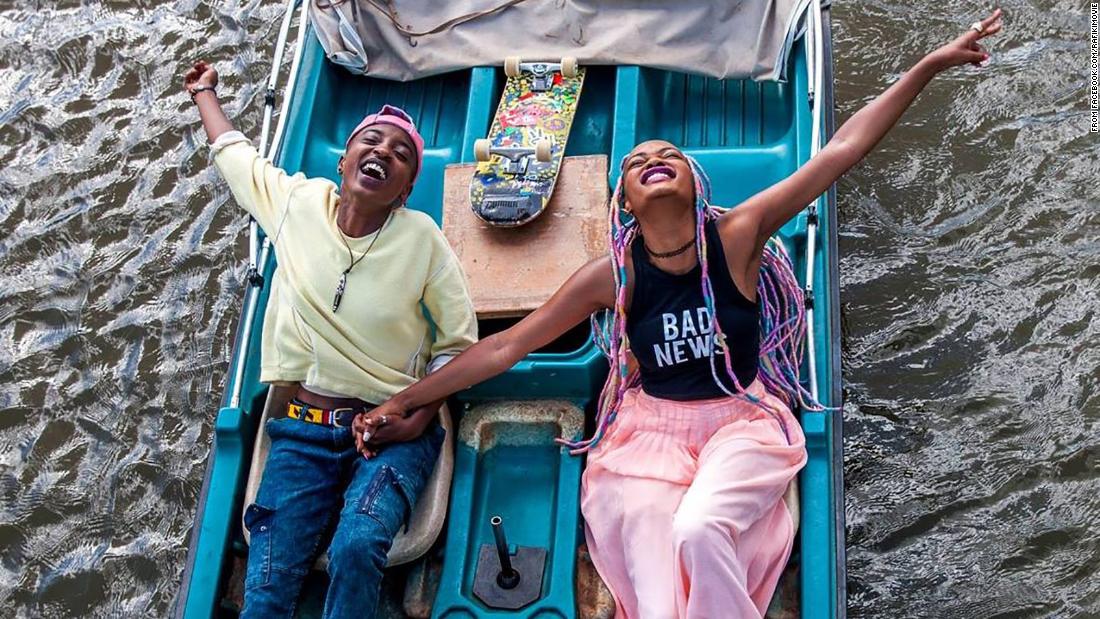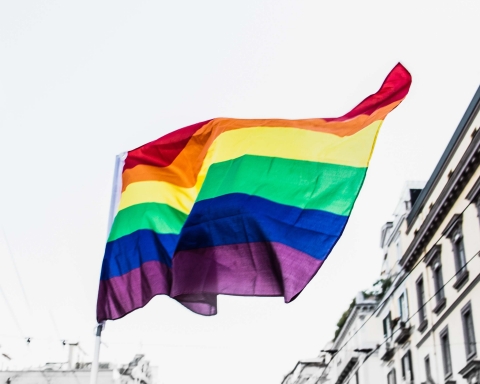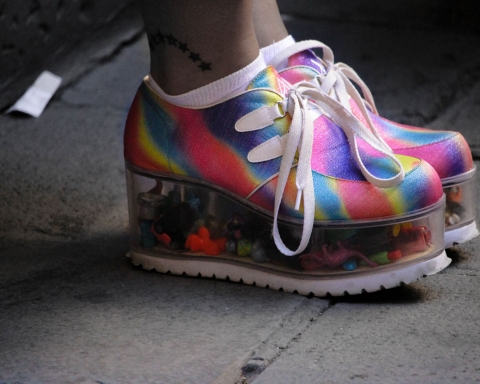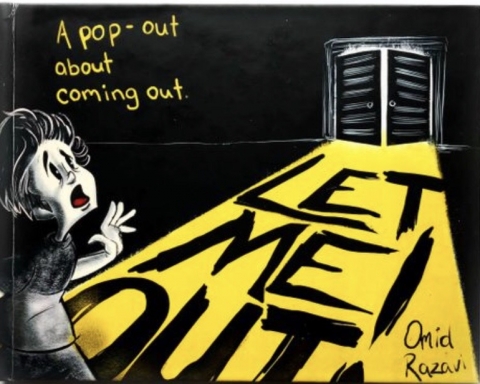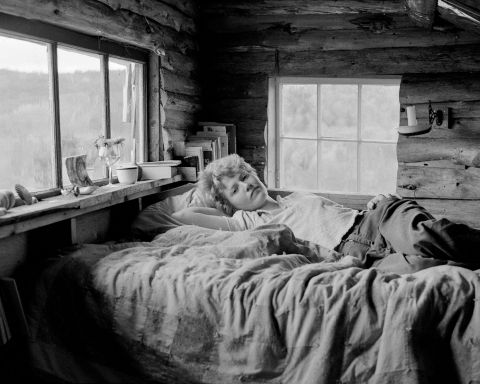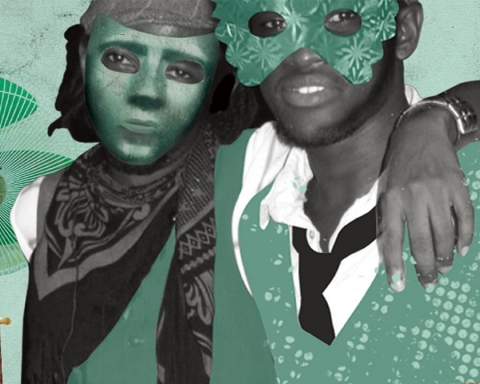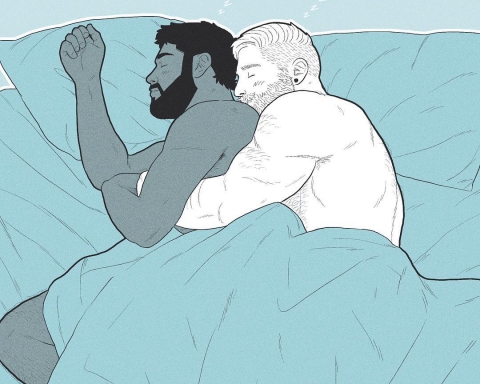Kenyan film, Rafiki, directed by Wanuri Kahiu, is quite simply the story of two young people in love. “Truly cinematic love stories from Africa are few and far between,” explains Kahiu. What’s gotten this film into trouble, however, is the fact that it’s a Kenyan love story between two women.
Every film made in Kenya must be submitted for classification to The Kenya Film Classification Board. After watching Rafiki, the board felt the ending wasn’t “remorseful enough”. When Kahiu refused to change the ending, they banned the film, citing the film’s “homosexual theme and clear intent to promote lesbianism in Kenya contrary to the law and dominant values of the Kenyans.”
In Kenya, homosexual sex, which the law refers to as “carnal knowledge against the order of nature,” is punishable by 14 years imprisonment. The state doesn’t recognise same-sex unions, doesn’t allow homosexual couples to adopt, nor does it explicitly protect the LGBTQ community from discrimination. The cultural and religious climate of Kenya is not unlike the one depicted in the documentary Call Me Kuchu, which shows the struggles of Uganda’s LGBTQ activists in the face of an anti-gay crusade, fueled by American evangelicals.
Faced with threats of arrest, Kahiu admits to having felt very scared, but once the fear subsided, anger took its place.
“I feel like rage is holy, sometimes,” Kahiu said in an interview with The Wrap. “It’s important to be angry, because it burns off everything that is non-essential, and it really makes you focus on what you’re trying to say.”
It was that anger that led Kahiu to fight back.
“Our constitution allows us freedom of expression,” said Kahiu, who challenged the ban by filing a suit against film board president Ezekiel Mutua and Kenyan attorney general Paul Kihara.
According to The Hollywood Reporter, on the 21st of September, judge Wilfrida Okwany said, “I am not convinced that Kenya is such a weak society that it cannot handle a gay theme. There are Kenyans who paid the ultimate price for the freedoms we enjoy today,” and decided to lift the ban for seven days (with an over-18 rating) – just long enough to make the film eligible for the 2019 Oscar Academy Awards.
In reaction to the ruling The Kenya Film Classification Board said, “It is a sad moment and a great insult, not only to the film industry, but to all Kenyans who stand for morality, that a film that glories homosexuality is allowed to be the country’s branding tool abroad. The board firmly believes that films should reflect the dominant values of the Kenyan people. Homosexuality does not qualify as such.”
During the #SevenDaysOfRafiki the movie was shown in cinemas in Nairobi, Mombasa and Kisumu. Movie-goers were asked to provide ID to prove they were over 18. The first screening in Nairobi sold out, and the Prestige Cinema even had to increase the number of screenings of Rafiki to meet the demand.
DUE TO PUBLIC DEMAND WE HAVE INCREASED THE SHOWS FOR RAFIKI AS FOLLOWS. buy tickets from @KenyaBuzz or at the Cinemas pic.twitter.com/p4lzUKigU9
— PrestigeCinema (@PrestigeCine) September 24, 2018
Ecstatic, Kahiu saw the ruling as a victory for constitutional rights in Kenya, and while the struggle is clearly far from over, could this be the beginning of a slow turning of the tide?
Today is the end of #SevenDaysOfRafiki. Thank you so much to all of you who came out and watched the film. Thank you for celebrating Kenyan film with us! We are so grateful. As we return to court to argue for #freedomofexpression we carry you with us.
— Wanuri (@wanuri) September 29, 2018

